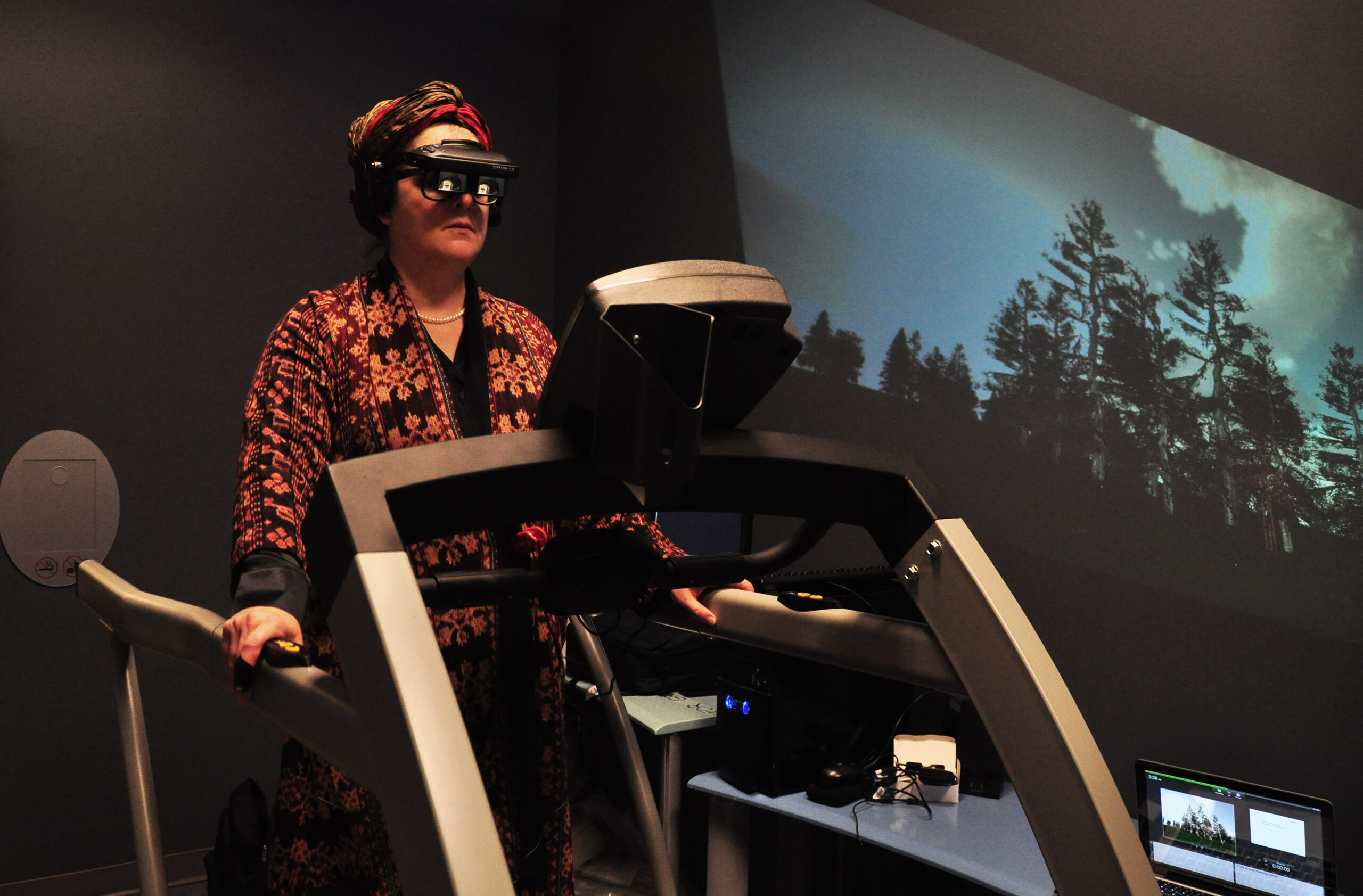What Happens When Classes, Including MBA Programs, Go Virtual?
INSEAD, the Business School for the World with an Abu Dhabi campus, announced that virtual reality will be used to enhance the learning experience for the Global Executive Master of Business Administration program — this will allow them to venture through journey, moving to different places they have only seen in videos. This was launched in 2019, even before the pandemic, to increase engagement, knowledge retention, and personalization of learning. According to Business Transformation, over 4,500 MBA and executive participants have now used virtual reality in a variety of countries.
Temple University’s Fox School of Business also has held a virtual class for discussion — based learning in the spring of 2020. “The goal was to make that classroom truly immersive, so that the students are seeing each other as well as the faculty and teaching team and what Bora has to say,” said Tom Lennon, a senior video production specialist in the Online and Digital Learning Department.
Aside from not being able to check emails or do anything physically other than focus while wearing a virtual reality headset, Temple University has not mentioned any other inconveniences yet.
Other colleges, such as Northcentral Technical College, have implemented virtual college, which allows you to start your own schedule within a deadline, create a personalized plan for your own success, and receive the same quality as an in-person class.
According to ZD Net, Fisk University also has partnered with HTC VIVE, T-Mobile, and VictoryXR to allow students to experience VR technology on 2021 Fall — allowing students to visit locations only seen in a book or video. “We’re combining the best aspects of virtual and in-person learning, and this is the educational future.” Dr. Vann Newkirk, President of Fisk University, stated.

According to Ithai Stern, director of the VR immersive learning initiative at INSEAD in Fontainebleau, France, to The Wall Street Journal, virtual reality strongly provides key access to places that are difficult to visit for students.
True, virtual reality is used so effectively and widely around the world that in-person engagement is now limited due to the pandemic. Professor Stern also stated that they do not expect virtual reality to replace existing executive educational tools and approaches, but rather to add a new dimension to the classroom — both virtually and physically — without taking anything away.
However, it is a growing concern that “students’ attention spans are decreasing, reducing their ability to read 40-page case studies in favor of watching short videos.” According to the Brookings Institution, the metaverse lacks content, which would be far apart from the major subject categories at school, such as math, science, reading, writing, and social studies, among others, which require working memory — which is important in academic achievement.
This would have a long-term impact on students’ critical thinking and reasoning skills — be taught through content, but virtual reality online classes do not yet have a deep and fine mastery course that could help students improve themselves with those skill sets.
The metaverse itself, according to the conversation, contains a variety of technological devices that are appealing to students and may become a distraction.
It is, however, impossible to eliminate these technological devices because they are critical to own at college, where most classes have been converted to online classes due to the pandemic, and those classes require laptops or phones.
College should be a place where students feel like they belong in a community, allowing them to communicate with one another — students and professors interact both formally and informally, build strong relationships for their future careers, and basically build their connections for their career backgrounds — as it is a place where students mostly spend time before jumping right into their first career — requires a huge amount of in-person social interaction and congruence. However, Covid is preventing students from reaping all of these benefits.
Students, on the other hand, would lose their sense of belonging in the metaverse, as the main experience at college is communicating and getting along with people from all over the world. According to the conversation, the limited environment at metaverse — just everyone wearing headsets at home looking at virtual reality — would not be helpful to students who want to experience a meaningful community among people and collaborate with each other.
The Covid-19 pandemic has had a massive impact on schools and students — and, indeed, VR will be used ubiquitously even after the pandemic is over. Thus, regardless of how frequently VR will be used in students’ lives, educators must exercise extreme caution when implementing VR in the classroom as a teaching tool — until the VR content itself contains all of the factors that an in-person class does on a larger scale, allowing students to develop reasoning ability, working memory, and other skills.
Read more: Will Augmented and Virtual Reality Change Our Classrooms?



















